
Clockwise from top left: “Corona Collection” painting by Charleston’s Sharon Harms, Honor Alliance Corp.’s Kenny Hawthorne of Martinsburg models a mask he made, quilt by Linda Scott of Beckley, doll dress crocheted by Kelsey Ohler of Follansbee
In April 2020, in the midst of West Virginia’s Stay at Home Order, the West Virginia Folklife Program issued a call for West Virginians to share documentation of how they were creatively responding to the COVID-19 crisis, through music, stories, writing, craft, art, memes, mask making, and more.
Over the next year, we received documents, photos, and videos featuring homemade masks, quilts, doll clothes, and hooked rugs, original poems and compositions, parody songs, paintings, home herbal apothecaries, and even the Mothman statue. These submissions demonstrated the various ways Mountain State residents were processing, documenting, and occupying their time during the COVID-19 pandemic.

Some of these creative responses were utilitarian: In Martinsburg, a group of veterans, the Honor Alliance Corp., sewed masks to protect local first responders and other community members and Flatwoods resident Olivia Ferrell stitched masks for her co-workers and her father’s co-workers. Hampshire County herbalists Leenie Hobbie, Nicole Brown, and Susan Bateman equipped their medicine cabinets with homemade herbal remedies like elderberry syrup and burdock and dandelion tincture that can help boost immunity and ward off infection.
Other submissions demonstrated the artists’ ways of processing the crisis. Some entries were humorous, like Kenova residents Darlena and Joey Ferguson’s (aka the Front Porch Pickers) parody of Randy Travis’ “I’m Gonna Love You Forever,” the video of which features a stockpile of toilet paper and Clorox wipes. Kanawha County filmmakers Tijah Bumgarner and Curren Sheldon produced a series of comic sketch videos called Quarantine Life, and Berkeley County teacher Jessica Salfia wrote a viral poem compiled from the first lines of COVID-related emails she had received.
Some used their creative work to sooth and console. Musician Cora Hairston of Logan County posted videos of herself playing gospel songs on her Facebook page to offer solace and share religious praise. Buckhannon poet Mark Defoe wrote odes to lives lost and the work of healthcare workers, while expressing gratitude for the company and comfort of his own family. Berkeley County musician Sam Rizzetta created the “Music In The Time Of Coronavirus” project, sharing free healing music and nature videos, some composed in collaboration with other artists.
At Bluefield State College, Director of International Initiatives Sudhakar R. Jamkhandi aka “Jammy” moved the annual virtual Agora performance event of poetry, songs, music, art, and photography online.
Charleston painter Sharon Harms created a series of paintings called the “Corona Collection,” inspired by the idea of a “corona”—which she says is “a crown-shaped structure on the inner side of the petal in some flowers.” Charleston photographer Betty Rivard took photos documenting her daily walks during quarantine, and also reported using time during the pandemic to engage politically by writing and submitting op-eds to the Gazette-Mail and participating in virtual activist meetings. Textile artist Susan Feller chronicled the events of 2020 through her own eyes in the form of a rug hooked “journal,” which marked notable events of the year, including the death of John L. Lewis, nation-wide Black Lives Matter protests, and the presidential election.
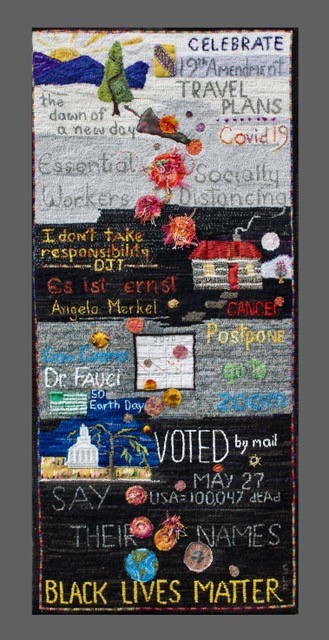
In Boone County, the Porchsitters of Appalachia mutual aid group formed during the pandemic to distribute food, garden tools, seeds, masks, and more to families in their community, and teach skills of self-provisioning. The group continues, offering a potent example of how through the pandemic, West Virginians engaged with traditional culture to help sustain the health and well-being of their communities.
Thank you to all the artists and writers for their submissions. All collected documents will become part of the West Virginia Folklife archival collection housed at West Virginia University Libraries.
Note: Any views, findings, conclusions or recommendations of the collected submissions do not necessarily represent those of the West Virginia Folklife Program/West Virginia Humanities Council.
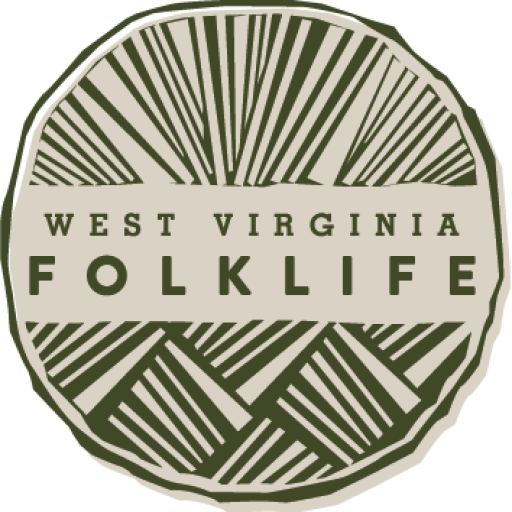

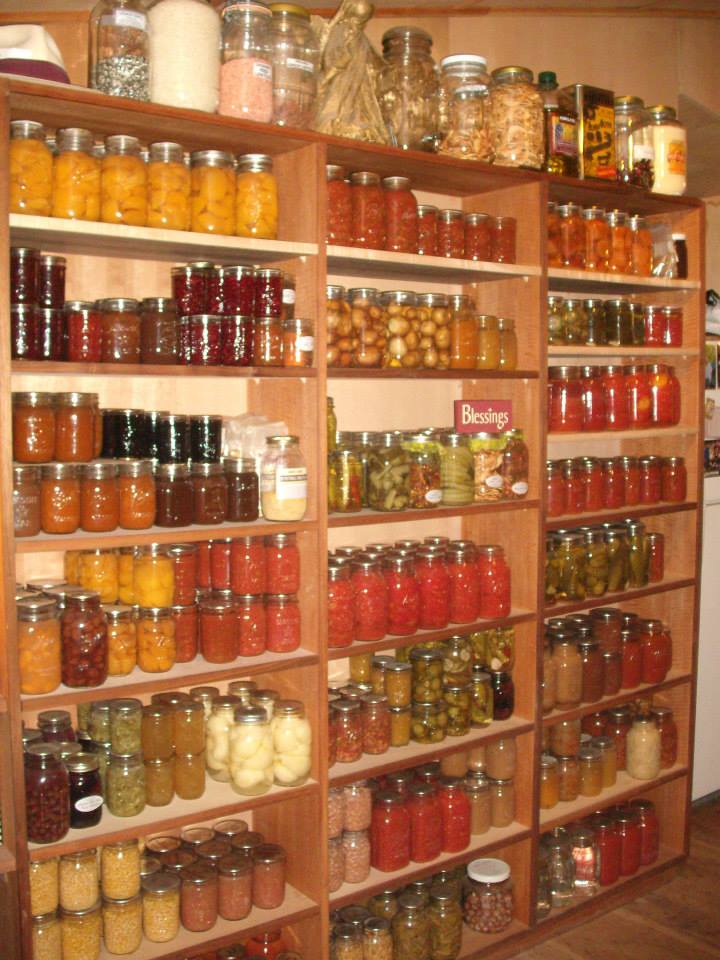
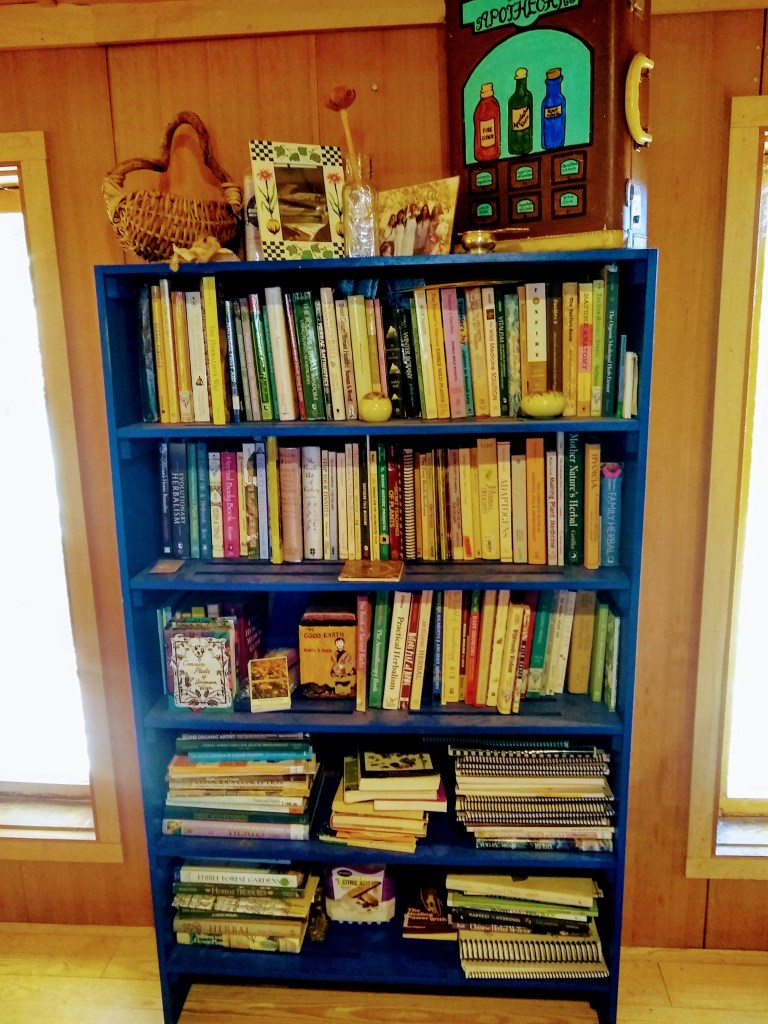
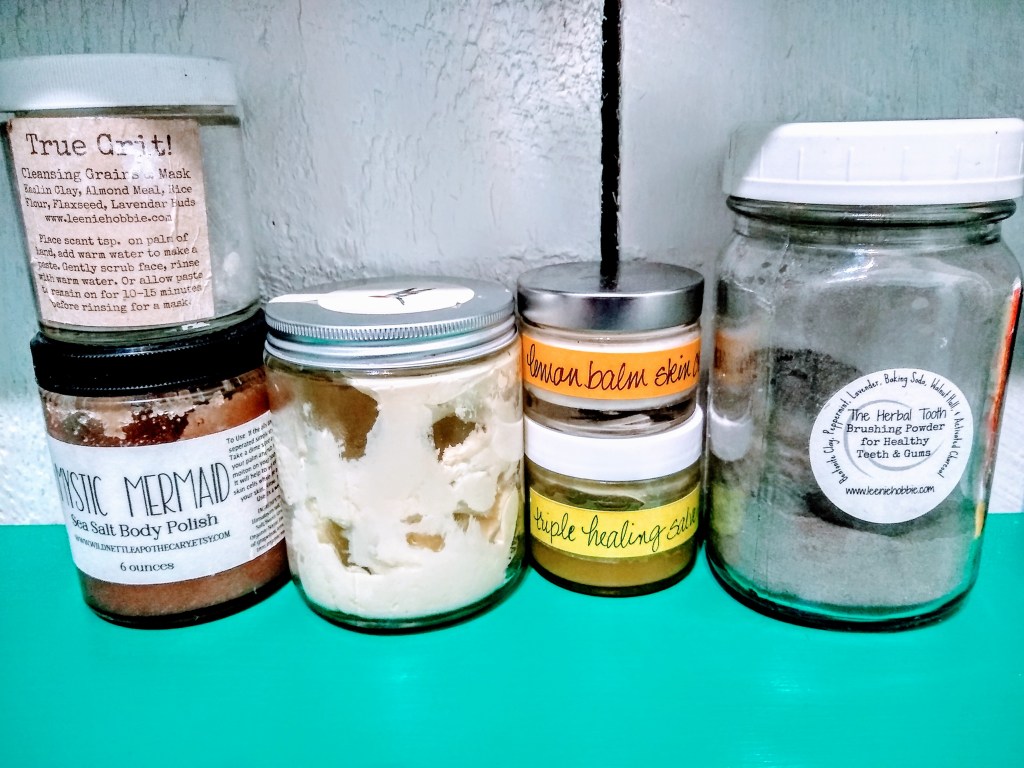




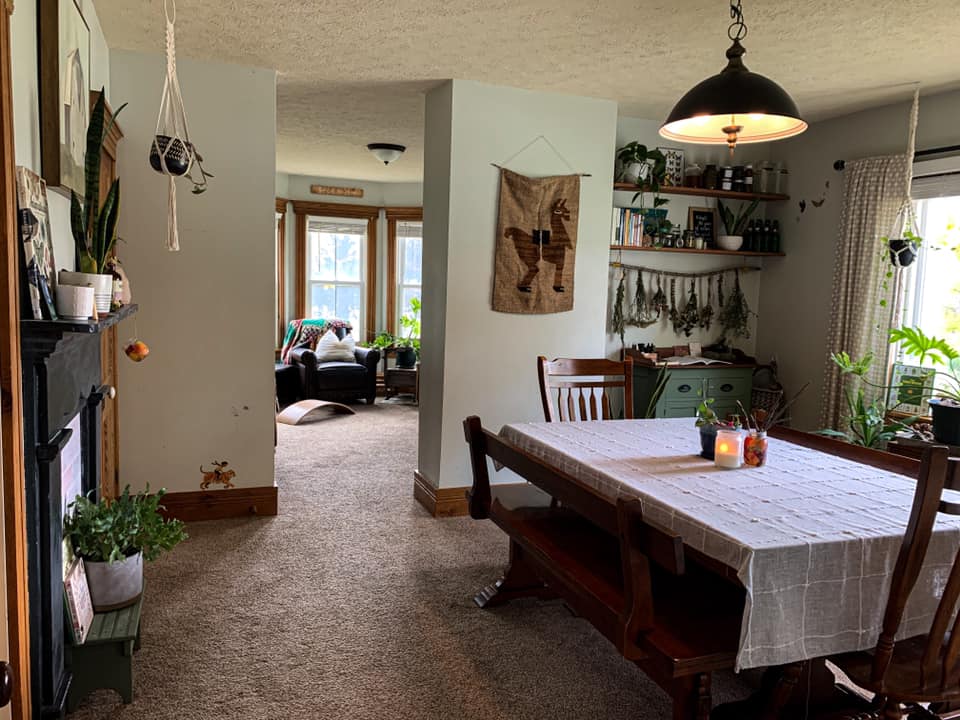


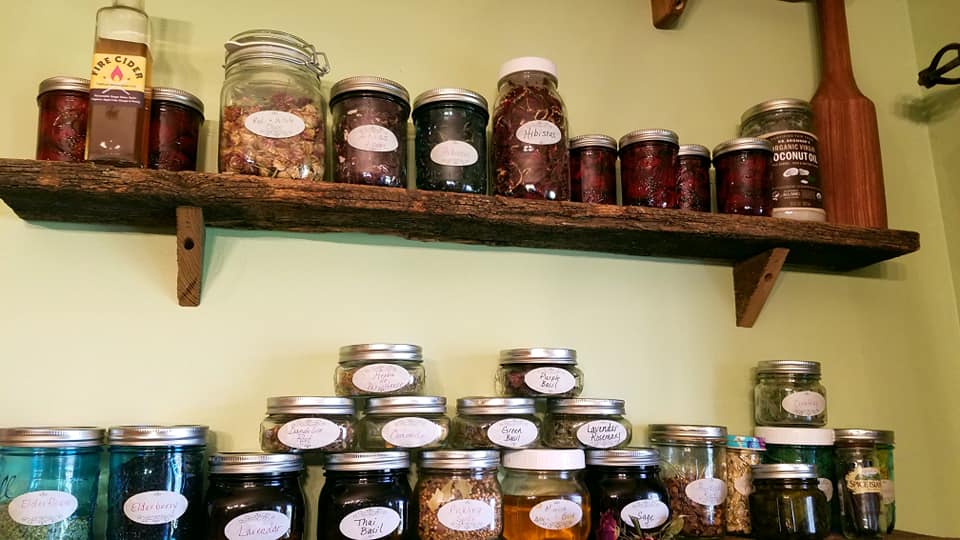
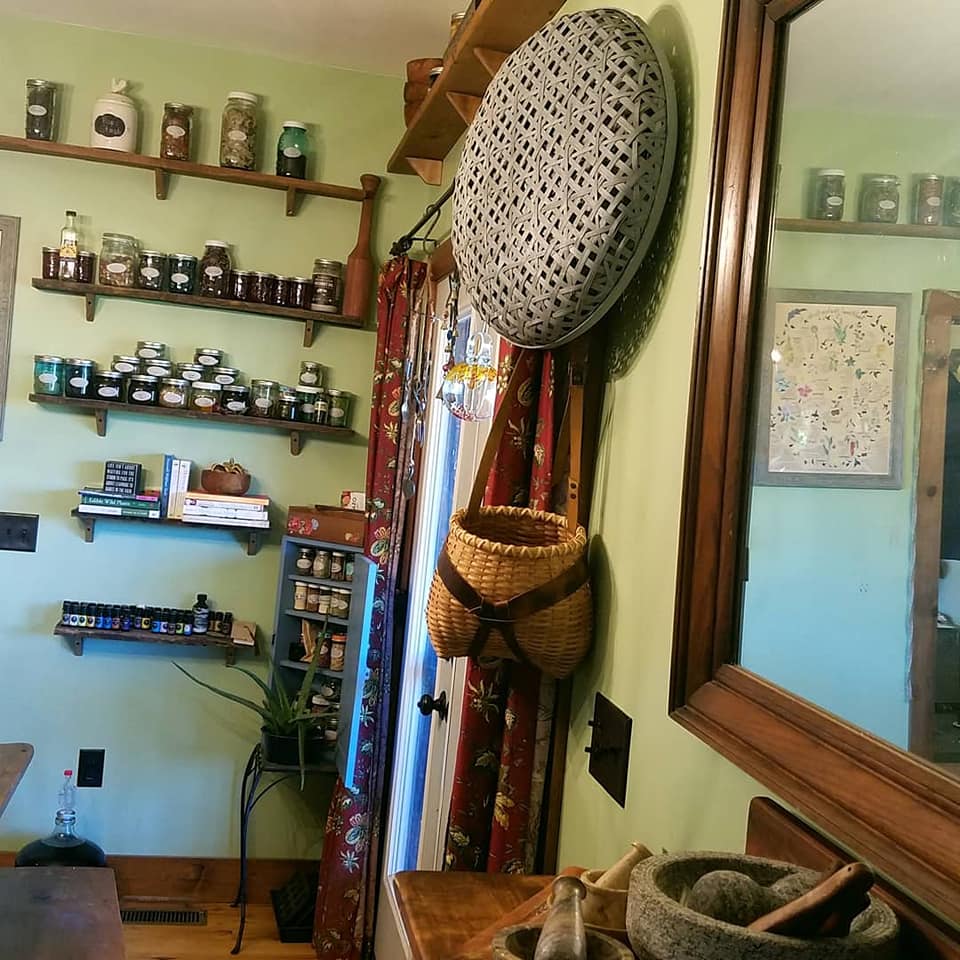
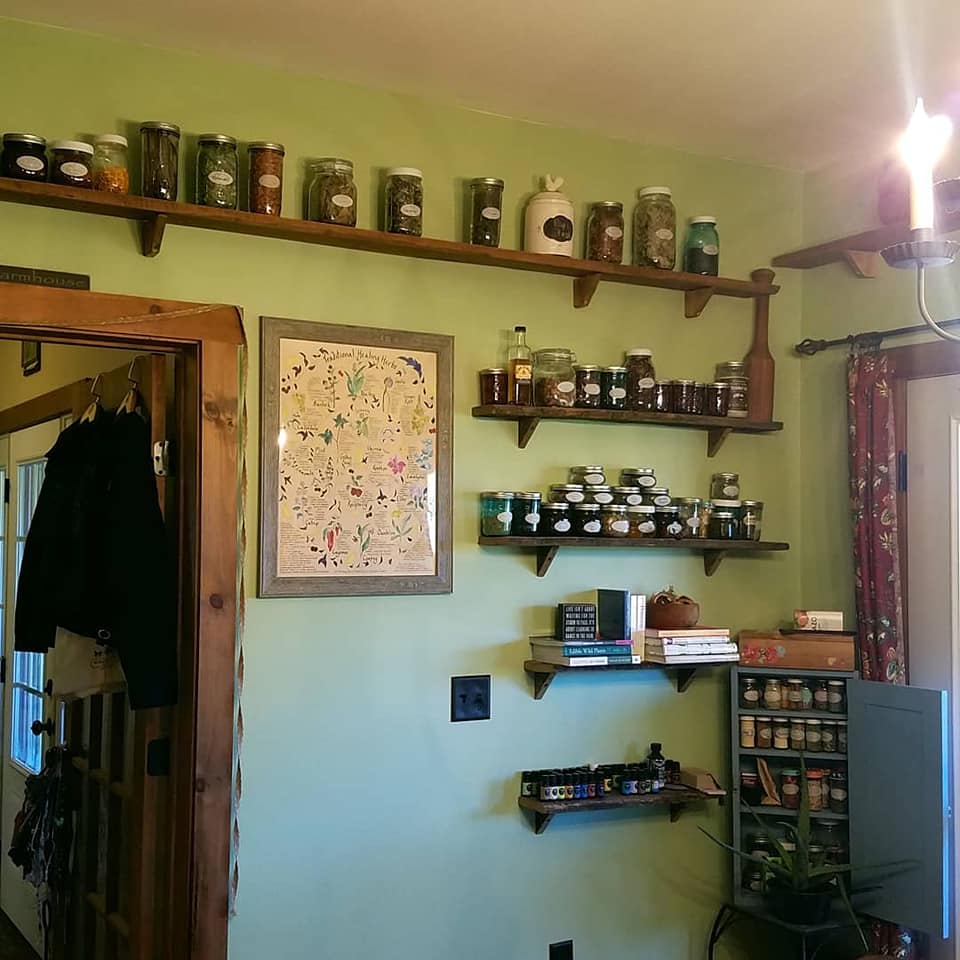
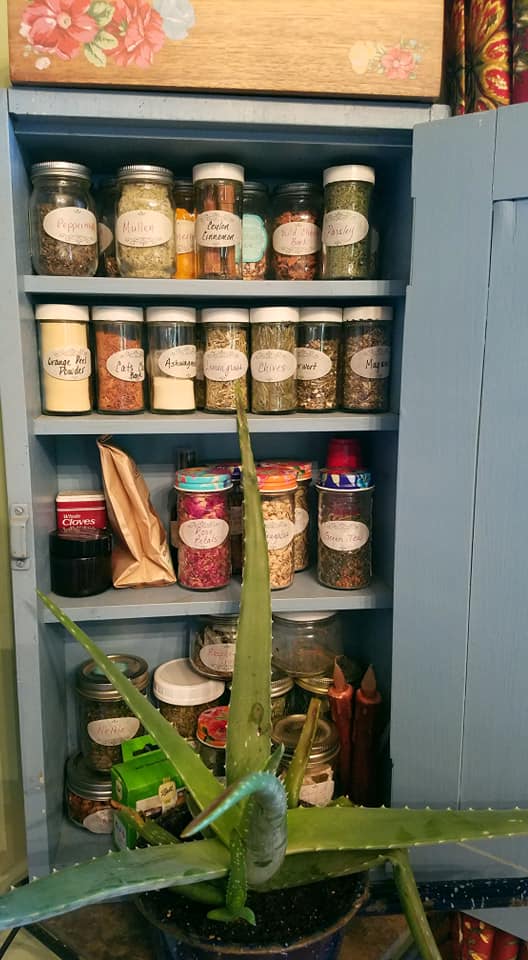
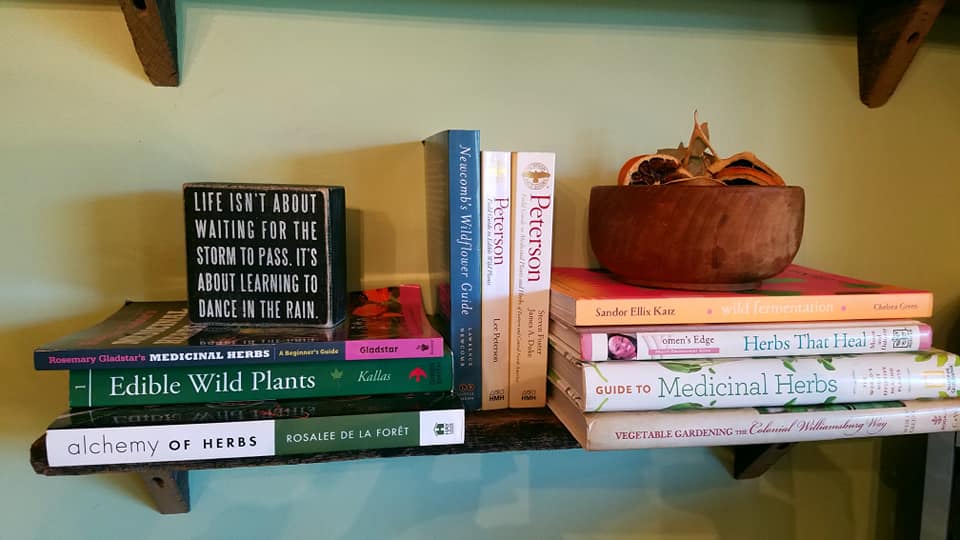
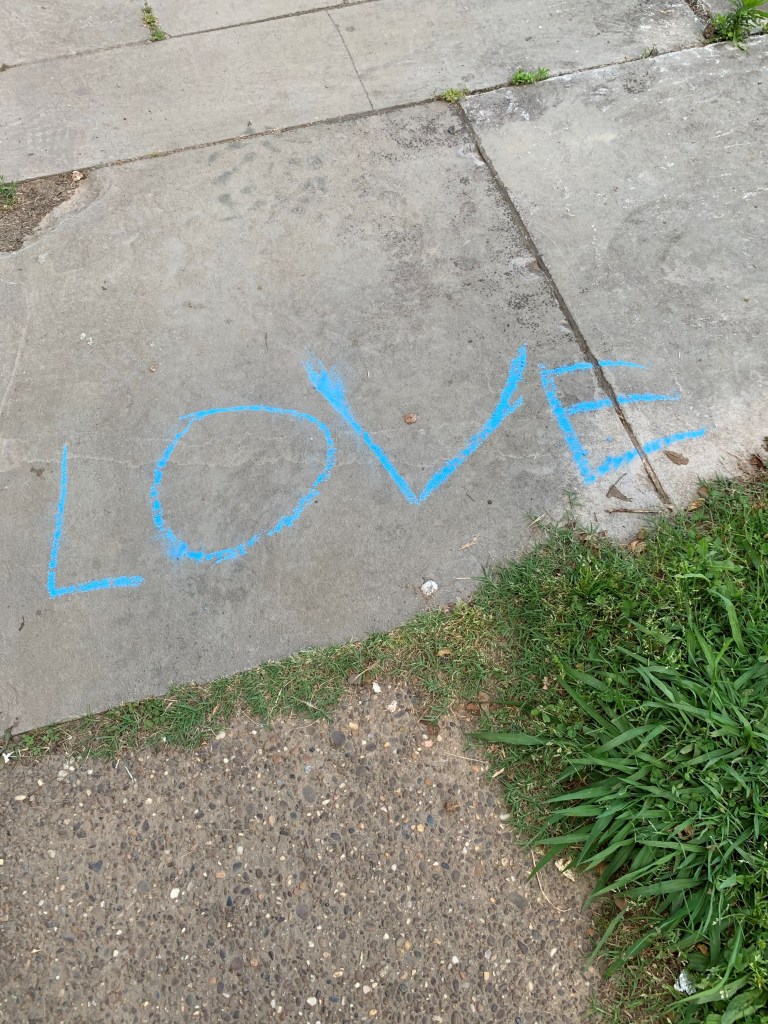

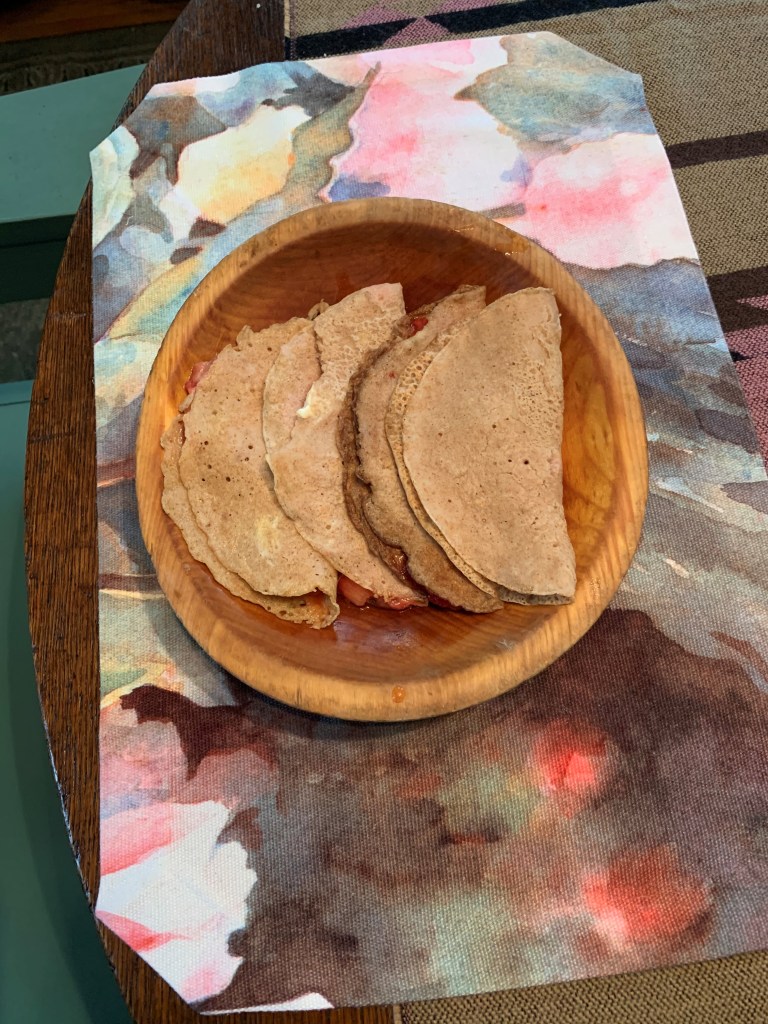


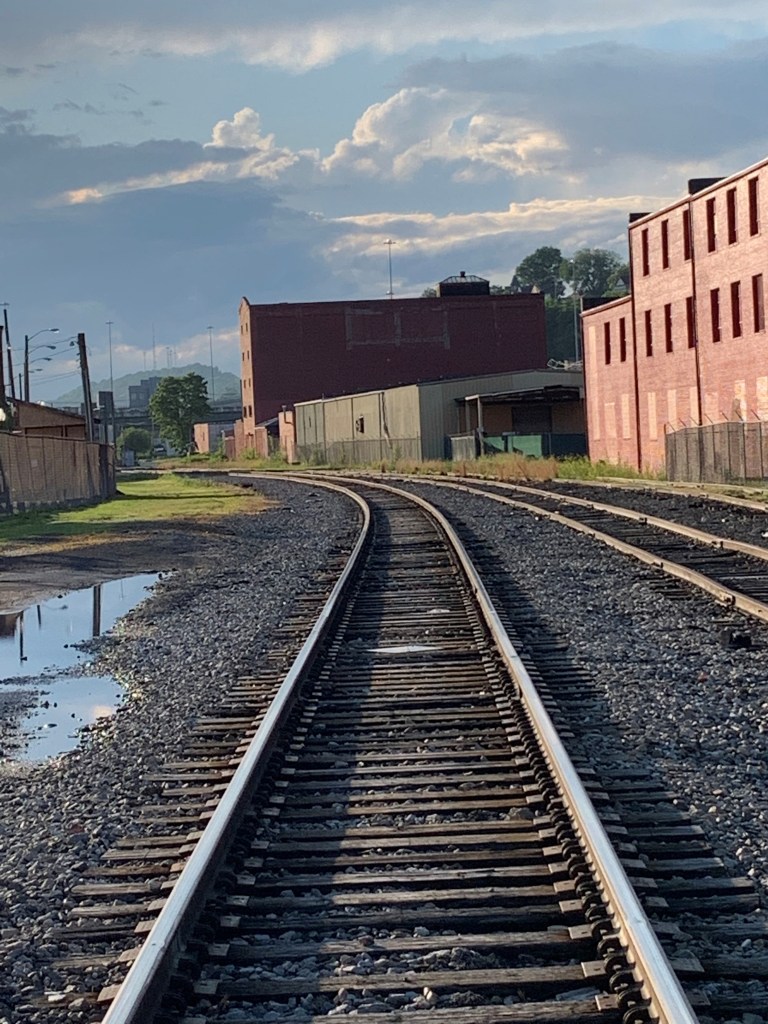


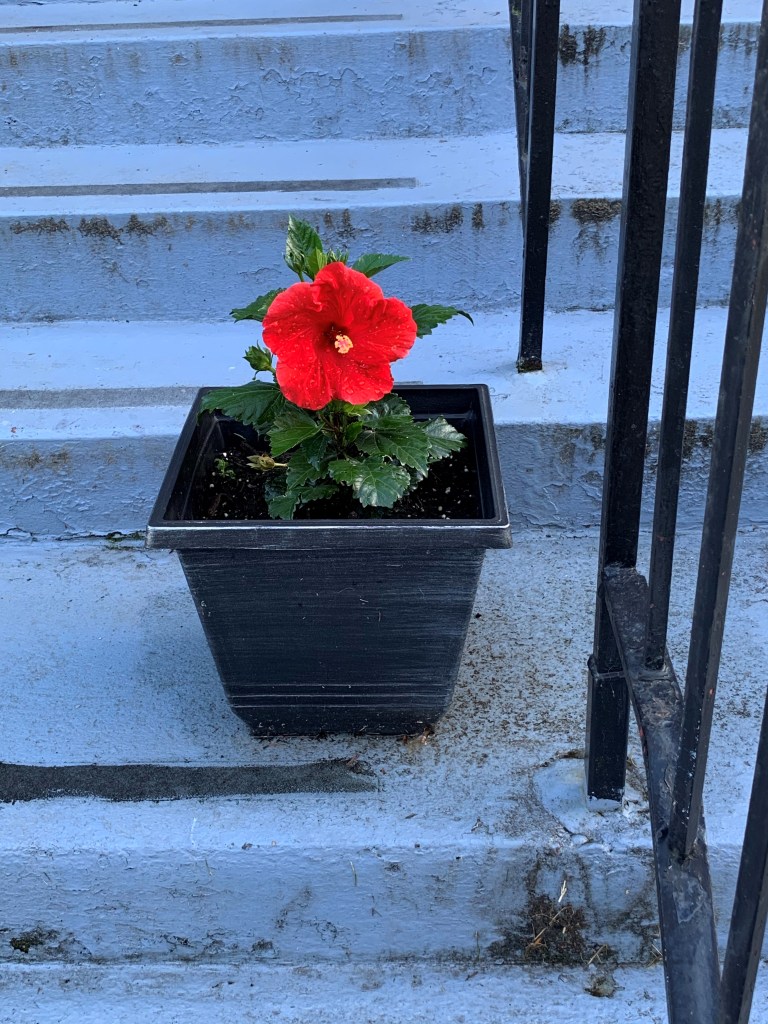
One Comment
Comments are closed.